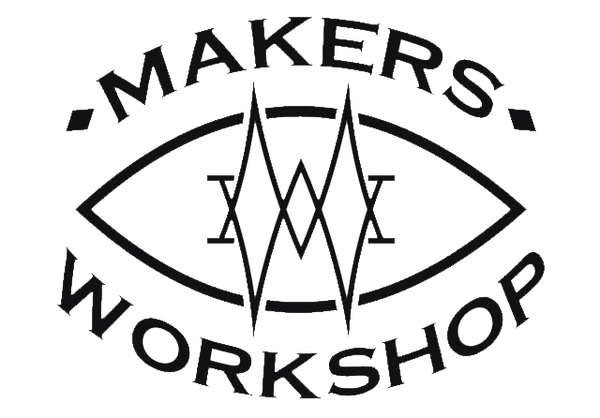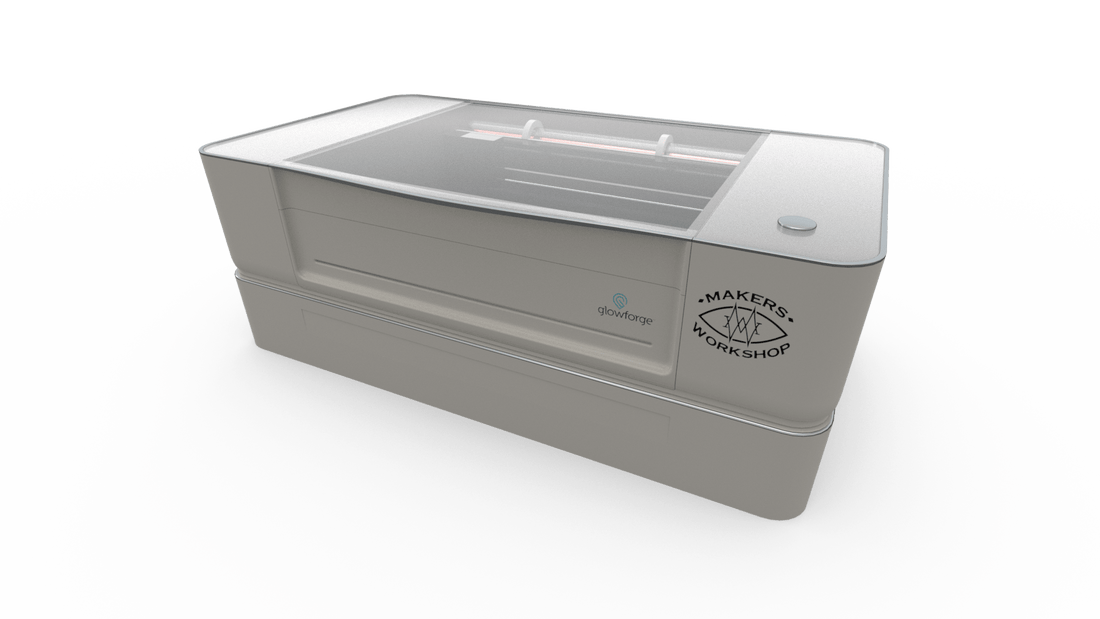What are the common mistakes to avoid when laser cutting?
When it comes to laser cutting, precision and accuracy are key. However, even the most experienced professionals can make mistakes. To help you avoid these pitfalls, here are some common laser cutting don'ts:
1. Neglecting Material Compatibility
Not all materials are suitable for laser cutting. It's crucial to understand the compatibility of the material you are working with. Certain materials, such as PVC or vinyl, can release toxic fumes when laser cut. Always check the material guidelines and consult with experts to ensure you are using the right materials for laser cutting.
2. Ignoring Safety Precautions
Laser cutting involves high-powered lasers that can cause serious harm if not handled properly. Always follow safety precautions, such as wearing protective eyewear and gloves. Make sure the laser cutting machine is properly ventilated to prevent the accumulation of harmful fumes. Safety should always be the top priority.
3. Using Incorrect Power and Speed Settings
Each material requires specific power and speed settings for optimal laser cutting results. Using incorrect settings can lead to incomplete cuts, burnt edges, or even damage to the material. Take the time to calibrate the laser cutter and test different settings to achieve the desired outcome.
4. Neglecting Maintenance and Cleaning
Regular maintenance and cleaning are essential for the longevity and performance of your laser cutting machine. Dust and debris can accumulate on the lens, affecting the quality of the cuts. Clean the lens and other components regularly to ensure optimal performance.
5. Failing to Account for Kerf Width
Kerf refers to the width of the material that is removed during laser cutting. Failing to account for kerf width can result in inaccurate measurements and misaligned cuts. Always consider the kerf width when designing your laser cutting projects to achieve precise results.
6. Not Securing the Material Properly
Securing the material is crucial to prevent movement or shifting during the laser cutting process. Failing to secure the material properly can lead to misaligned cuts or damage to the machine. Use clamps, tape, or other appropriate methods to secure the material in place before starting the laser cutting process.
7. Overlooking Design Considerations
Design considerations play a significant role in the success of laser cutting projects. Avoid intricate designs with small details that may not be feasible to cut accurately. Consider the limitations of the laser cutting machine and adjust your designs accordingly to ensure successful outcomes.
8. Rushing the Process
Laser cutting requires patience and precision. Rushing the process can lead to mistakes and subpar results. Take the time to properly set up the machine, adjust the settings, and double-check everything before starting the cutting process. Remember, precision takes time.
Conclusion
By avoiding these common laser cutting mistakes, you can ensure better results and a smoother cutting process. Always prioritize safety, follow material guidelines, and take the necessary precautions to achieve precise and accurate laser cuts.

